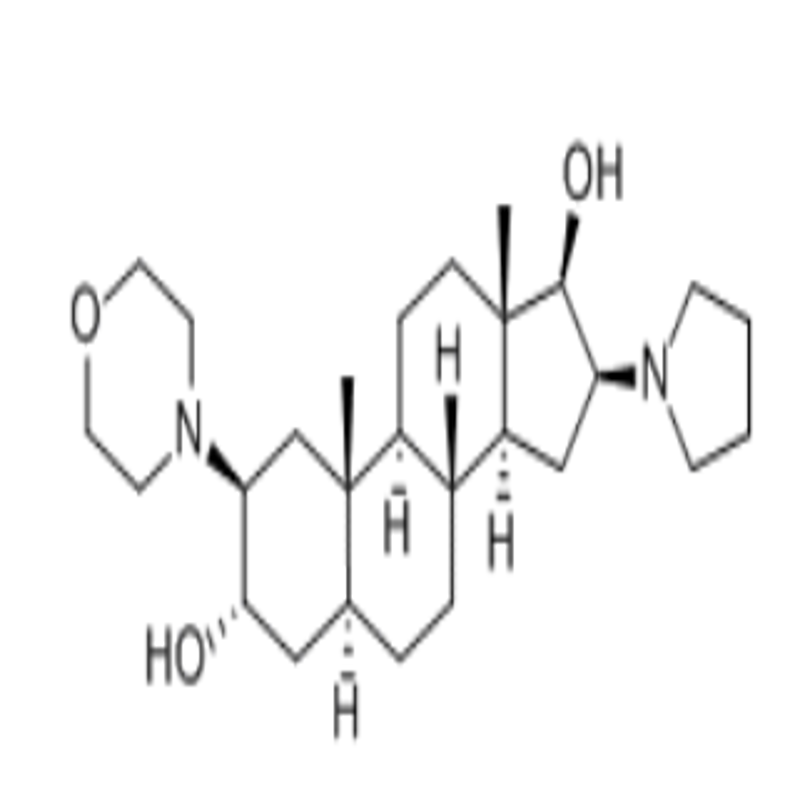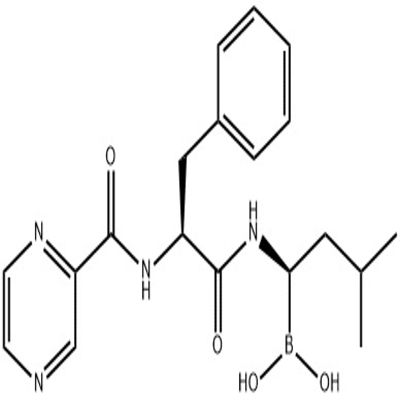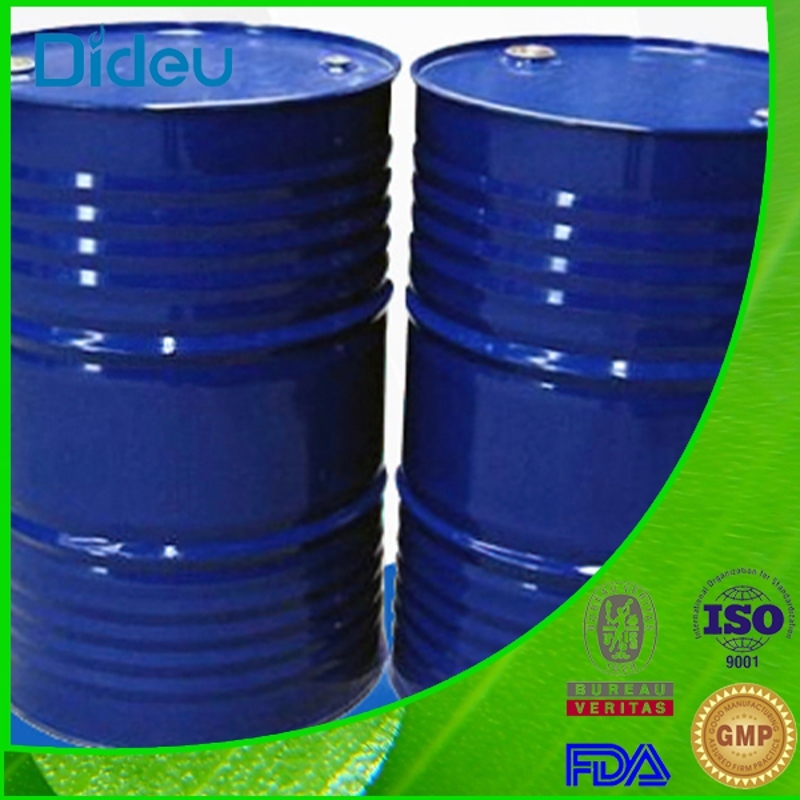-
Categories
-
Pharmaceutical Intermediates
-
Active Pharmaceutical Ingredients
-
Food Additives
- Industrial Coatings
- Agrochemicals
- Dyes and Pigments
- Surfactant
- Flavors and Fragrances
- Chemical Reagents
- Catalyst and Auxiliary
- Natural Products
- Inorganic Chemistry
-
Organic Chemistry
-
Biochemical Engineering
- Analytical Chemistry
-
Cosmetic Ingredient
- Water Treatment Chemical
-
Pharmaceutical Intermediates
Promotion
ECHEMI Mall
Wholesale
Weekly Price
Exhibition
News
-
Trade Service
2,3,5,6-Tetrakis(2′-pyridyl)pyrazine, often referred to as TPP, is a synthetic heterocyclic compound that is used extensively in the chemical industry.
TPP is an upstream product, meaning it is a raw material used in the production of downstream products.
One of the most common downstream products made from TPP is a type of pigment known as a pyrazine yellow.
Pyrazine yellow is a bright, yellowish-orange pigment that is used in a variety of applications, including plastics, textiles, and inks.
TPP is the starting material for the synthesis of pyrazine yellow, and the production process involves a number of stages, including nitration, sulfonation, and condensation reactions.
Another downstream product made from TPP is a type of polymer called poly(2,3,5,6-tetrakis(2′-pyridyl)pyrazine), or PTPP for short.
PTPP is a highly durable and resistant to heat and chemicals, making it a popular material for use in a variety of applications, including in the production of electrical components and automotive parts.
TPP is also used in the production of pharmaceuticals.
For example, it can be used as an intermediate in the synthesis of certain antibiotics, such as rifamycins, and as a starting material for the production of other heterocyclic compounds that are used in the development of new pharmaceuticals.
In addition to its use in the production of downstream products, TPP is also used in research and development.
It is a valuable tool for organic chemists because of its unique properties and ability to react with other chemicals in a variety of ways.
Researchers use TPP to study the synthesis and properties of organic compounds, and to develop new methods and techniques for the production of other heterocyclic compounds.
One of the key benefits of TPP is its high degree of stability and resistivity to heat and chemicals.
This makes it an ideal starting material for the production of downstream products that need to withstand harsh conditions.
Additionally, TPP is relatively easy to synthesize and can be produced on a large scale, making it a cost-effective raw material for the chemical industry.
Overall, 2,3,5,6-tetrakis(2′-pyridyl)pyrazine, or TPP, is a versatile and valuable raw material for the chemical industry.
Its use as an upstream product in the production of downstream products, such as pyrazine yellow and PTPP, has made it a popular material in a variety of applications.
Additionally, TPP is used in the production of pharmaceuticals and is a valuable tool for organic chemists in research and development.
Its unique properties and ease of synthesis make it an ideal starting material for the production of a wide range of chemical products.







